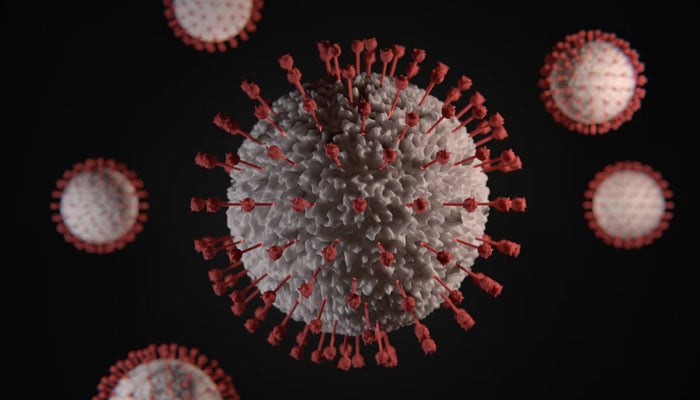Scientists warn 'Disease X' pandemic threat may be far deadlier than COVID-19
Dame Kate Bingham, who chairs UK's Vaccine Taskforce, has issued sobering warning that next pandemic could claim 50 million lives
As the COVID-19 pandemic nears its end, healthcare professionals are bracing for a potential new threat known as Disease X which they fear could be deadlier than the disease that ruled the world for over two years, hence the scary name.
Dame Kate Bingham, who chaired the UK's Vaccine Taskforce, has issued a sobering warning that the next pandemic could claim the lives of as many as 50 million people. She suggests that Disease X may already be on the horizon, stressing that COVID-19, by comparison, may not be as lethal.
Disease X is the term coined by the World Health Organisation (WHO) for this looming peril, which Bingham believes could be 20 times deadlier than the coronavirus.
Bingham has called for rapid and extensive mass vaccination campaigns to thwart this highly infectious and potentially devastating pathogen, as she envisions a scenario where Disease X is as contagious as measles but carries the same fatality rate as Ebola (67 per cent).
In her view, somewhere in the world, Disease X may already be replicating, and it's only a matter of time before someone falls ill.
Underpinning these concerns is the acknowledgement that while scientists have identified 25 virus families, each housing thousands of distinct viruses, countless others remain undiscovered, Daily Mail reported.
Healthcare experts emphasise that Disease X could be as catastrophic as the Spanish Flu, possibly originating from an unknown pathogen with zoonotic roots, posing a global catastrophic risk.
According to her, preventive measures include the establishment of international guidelines for bioterrorism control, stringent airport screenings, global collaboration among leaders and scientists, widespread testing, surveillance, and aggressive contact tracing.
Additionally, accelerated research into vaccines and preventive measures is paramount to mitigate the severe consequences of Disease X.
Ultimately, experts are advocating for a One Health approach, focusing on bridging institutional gaps, identifying and prioritising high-risk pathogens, and emphasising mitigation strategies. Such an approach is crucial in preventing global catastrophes stemming from emerging and re-emerging pathogens like Disease X.
-
What we know about Chris Cornell's final hours
-
5 famous celebrities who beat cancer
-
Oprah Winfrey talks about weight-loss 'tool to manage' health
-
How the world lost Whitney Houston to overdose
-
Late Ozzy Osbourne's 'terribly challenging' life with Parkinson's Disease
-
Emerging health threat: Toxic chemicals found in headphones, raising safety concerns among teens
-
Halsey’s rare health struggle you didn’t know about
-
Angelina Jolie and Brad Pitt mental health struggle amid divorce












